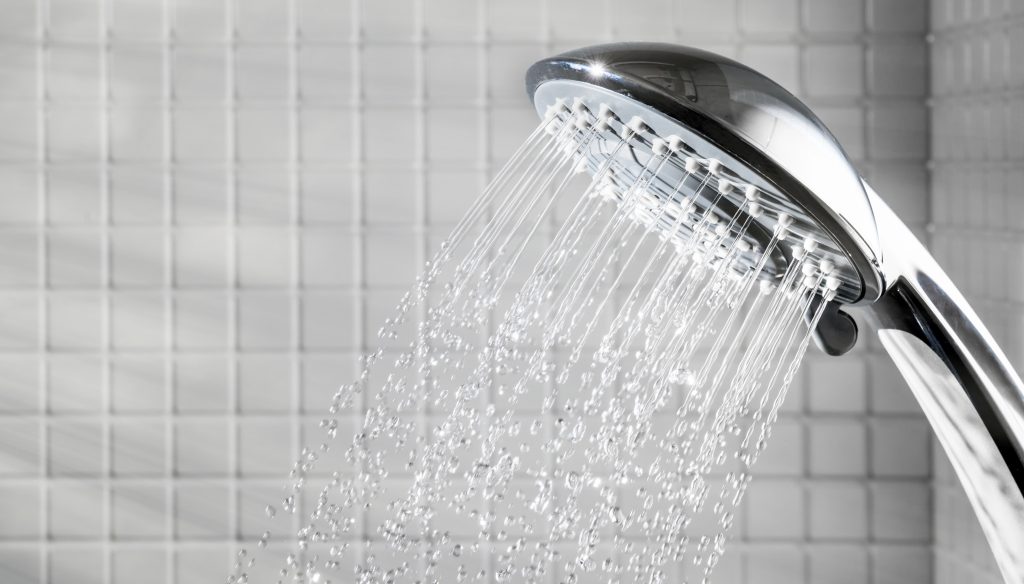
“We’ve become a lot better, culturally, at not judging folks about all sorts of things, but when someone smells or is not wearing deodorant, somehow it’s permissible to say, ‘You’re gross’ or ‘Stay away from me!’ and people laugh,” Dr. James Hamblin said in an interview with NPR. In an era fixated on squeaky-clean skin and crowded aisles of personal care products, the question of shower frequency—and how to shower properly—has never been more timely. The answer? There’s no one-size-fits-all solution, and science is finally catching up with what your skin’s been trying to tell you all along.
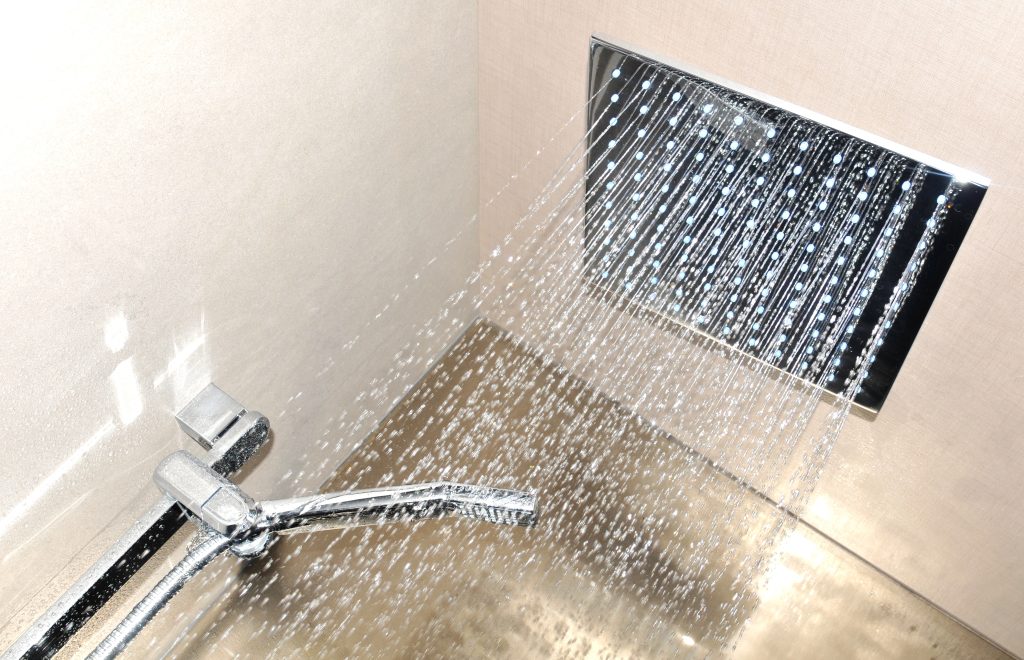
If you’ve ever questioned whether your shower routine habit of showering every day is doing your skin some good or some harm, you’re not alone. Dermatologists and scientists are reconsidering everything from the temperature of the water to the function of your skin’s microbiome, and new research may make you change up your game forever. Want to know what actually works for glowing, resistant skin? Let’s dive into the expert-approved hacks and shocking facts that will revolutionize your shower routine for life.
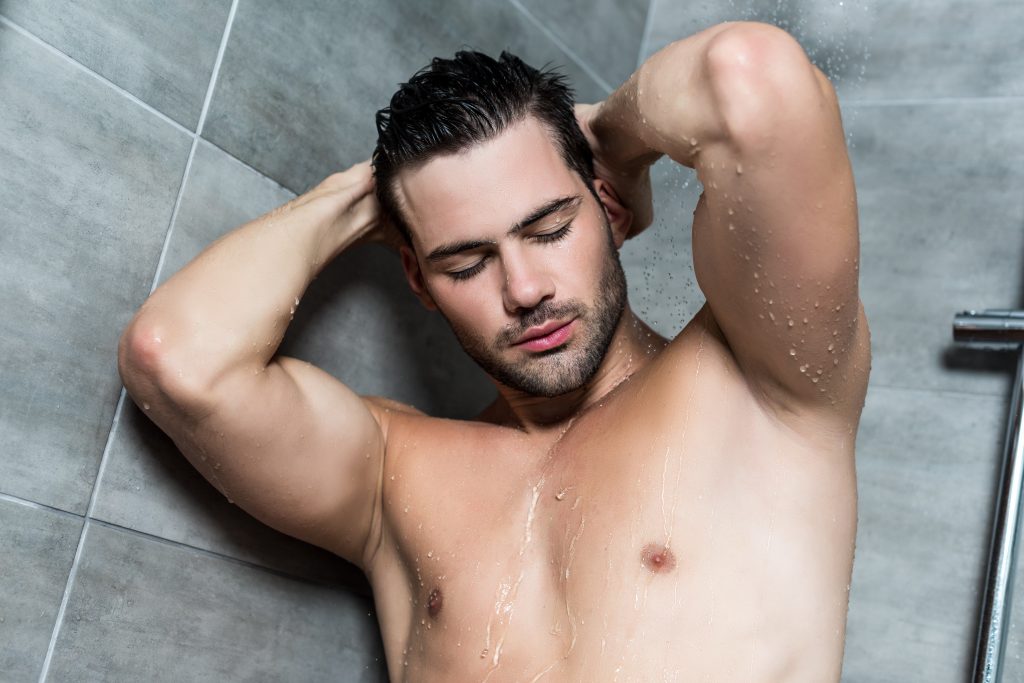
1. Rethink Daily Showers Your Skin May Thank You
It turns out that showering every day isn’t a must for everyone. While about two-thirds of Americans hit the shower daily, dermatologists now agree that showering two to three times a week is often enough for most people—unless you’re sweating buckets or working in a dirty environment. As told by Dr. Alex Sobel, “Showering every day is something that’s a cultural practice in the United States, but it’s not necessary, and it varies by culture.” Over-washing can potentially remove the natural oils that make your skin barrier remain solid, causing dryness and irritation. Instead, shower when you must—such as after exercising, outdoor activities, or especially hot days. Your skin will be happier and more moisturized.
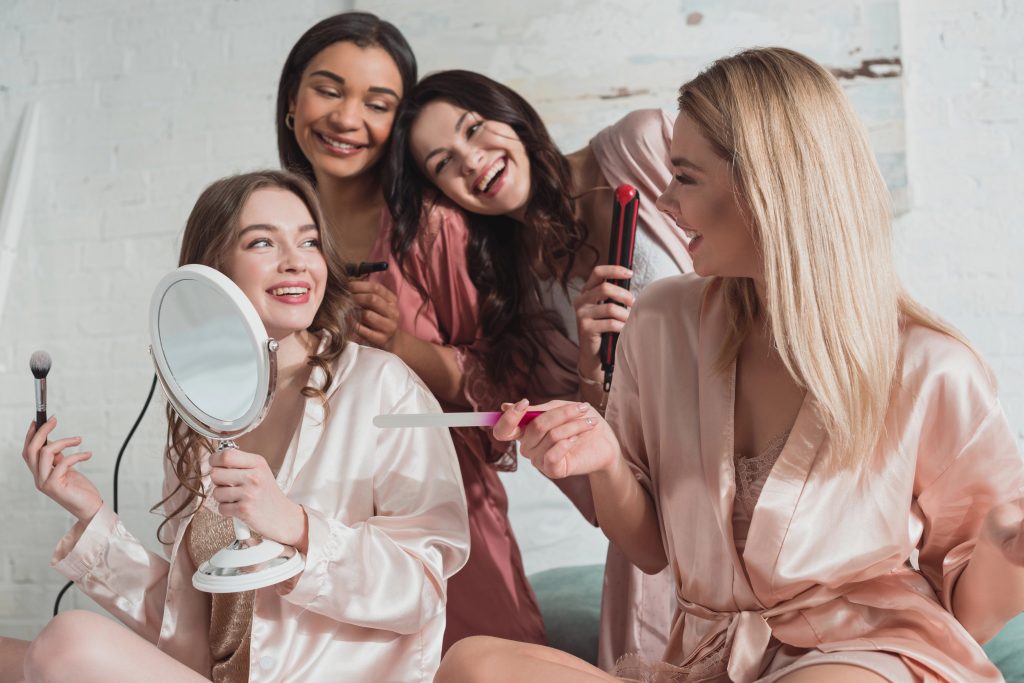
2. The Skin Microbiome: Your Invisible Beauty Shield
Here’s a surprise: your skin harbors trillions of microbes—bacteria, fungi, even mites—that are essential to keeping you healthy. Dr. Hamblin’s five-year experiment with showering only when absolutely necessary showed that showering less can actually promote a more healthy, balanced skin microbiome. These beneficial microbes dine on your skin’s natural oils and fight off more toxic intruders. A UCLA Health and NPR study also points out that excess use of soaps and harsh cleansers may upset this sensitive balance, which may lead to problems such as eczema or acne. So, twice think before scrubbing off all of your skin’s natural goodness—less really is more at times.

3. Hot Showers: An Indulgent Habit That’s Harsh on Skin
As appealing as a hot shower may be, hot water is one of the largest offenders when it comes to dry, flaky skin. Research indicates that hot water raises TEWL, meaning your skin loses moisture more quickly, compromising its barrier. Based on current research, even brief contact with hot water can cause skin pH to increase and produce even more redness and inflammation. Dermatologists advise using lukewarm water—warm enough to be comfortable, but not so warm it makes your skin red and tight. Your skin will remain softer, more relaxed, and much less likely to have post-shower flakes.
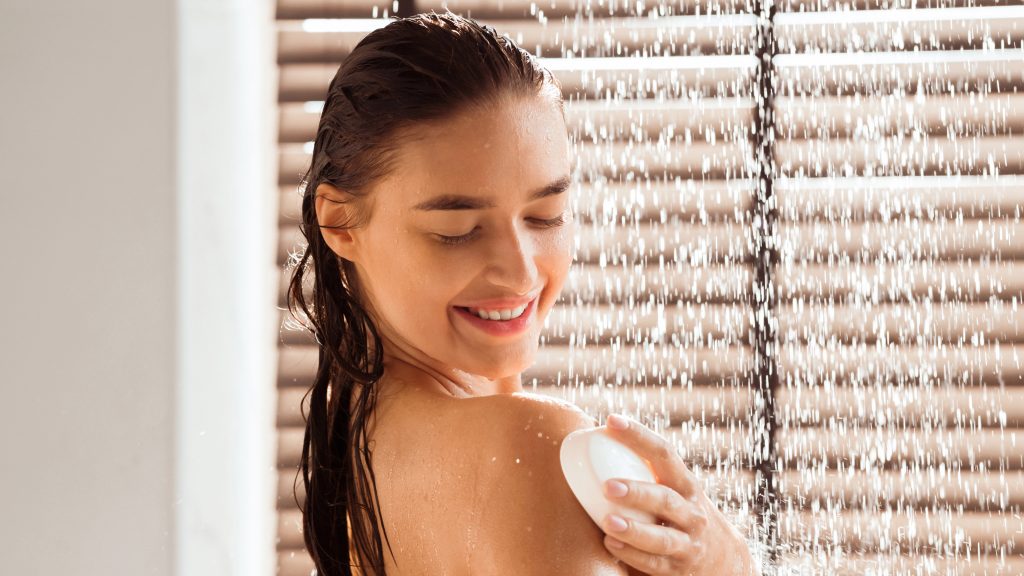
4. Clever Cleaning: Less Soap, More Strategy
Lay off the head-to-toe suds. Now, experts advise applying soap only where it’s needed: armpits, crotch, feet, and any areas where skin rubs against skin. The rest of your body can usually manage a quick rinse. This minimizes stripping your skin of its natural oils and keeps that all-critical microbiome intact. Gentle, fragrance-free cleansers are best for sensitive or dry skin. As dermatology advice points out, “Replace harsh soaps with fragrance-free or perfume-free cleansers.” Bonus: shorter showers and less soap = you’re saving water and money, too.
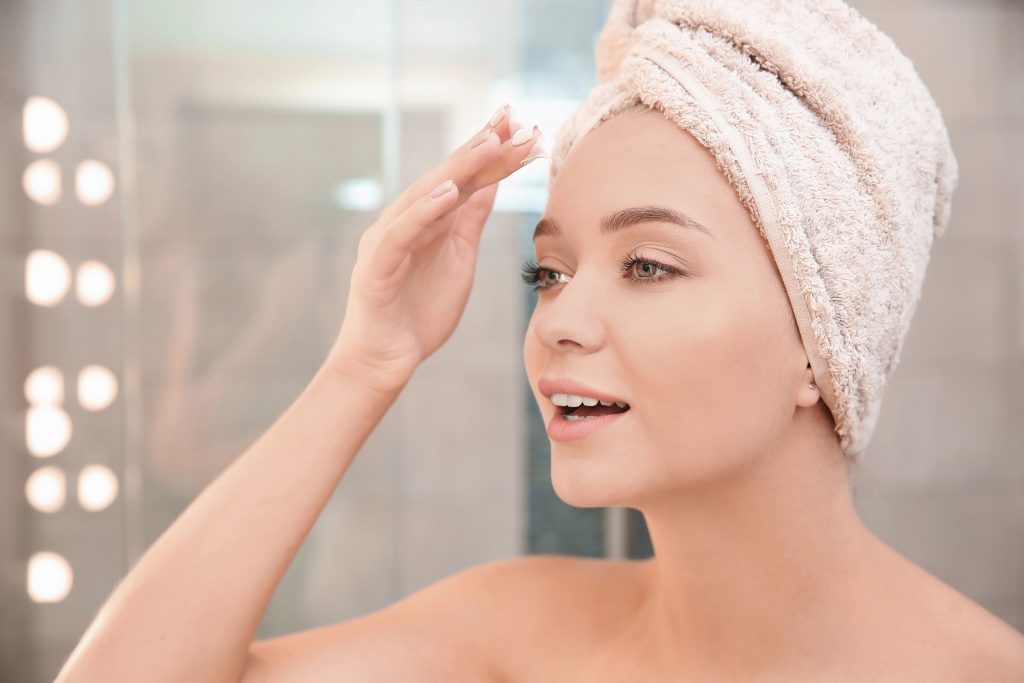
5. Post-Shower TLC: Moisturize Like a Pro
The minutes immediately after getting out of the shower are liquid gold for retaining moisture. Dermatologists suggest patting, not rubbing, your skin dry and using a rich, glycerin-based moisturizer within three minutes to lock in the hydration and protect your skin barrier. This is particularly important for sensitive or aging skin, which tends to lose moisture more quickly. As advised by Sage Dermatology, “Glycerin-cream moisturizers lock in moisture and support a healthy skin barrier.” Don’t forget to apply moisturizer again after 12 hours if your skin gets really dry—your future self will appreciate it.
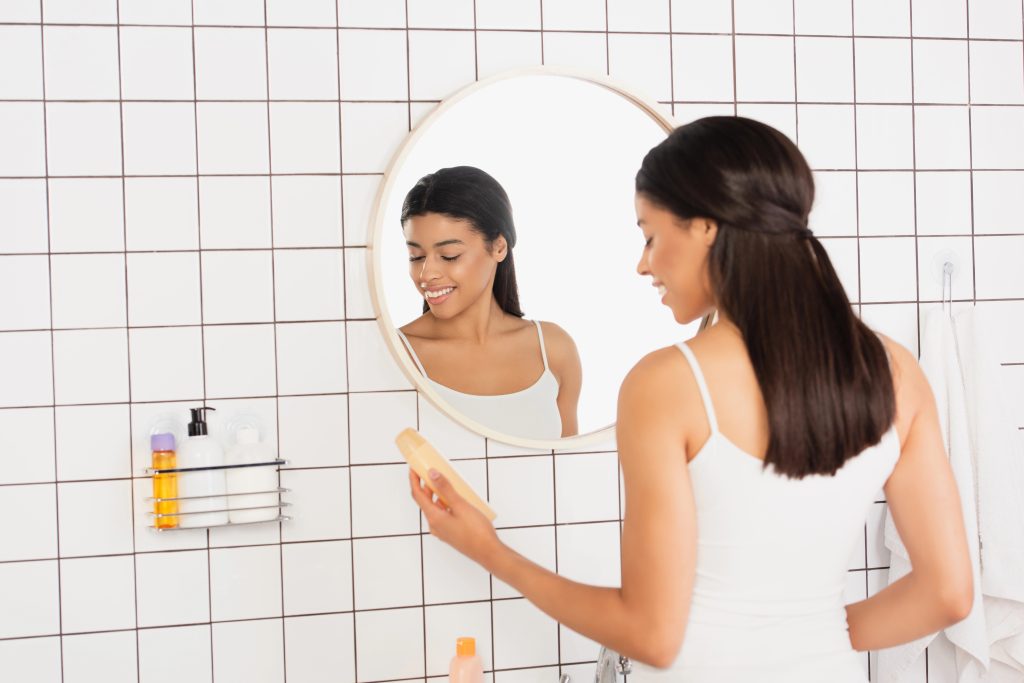
6. The Age and Lifestyle Factor: One Size Doesn’t Fit All
Your perfect shower routine isn’t all about skin type—it’s about your age, activity level, and even the time of year. Children, teenagers, adults, and elderly people all require different things. For instance, Medical News Today explains that elderly adults are better off with shorter, less frequent showers and mild cleansers, while teenagers might need a shower each day after they have sport. If you’re doing an office job, you might not have to shower as often as someone who is outdoors or working with chemicals. Listen to your body and switch up your routine as life (and the weather) does.
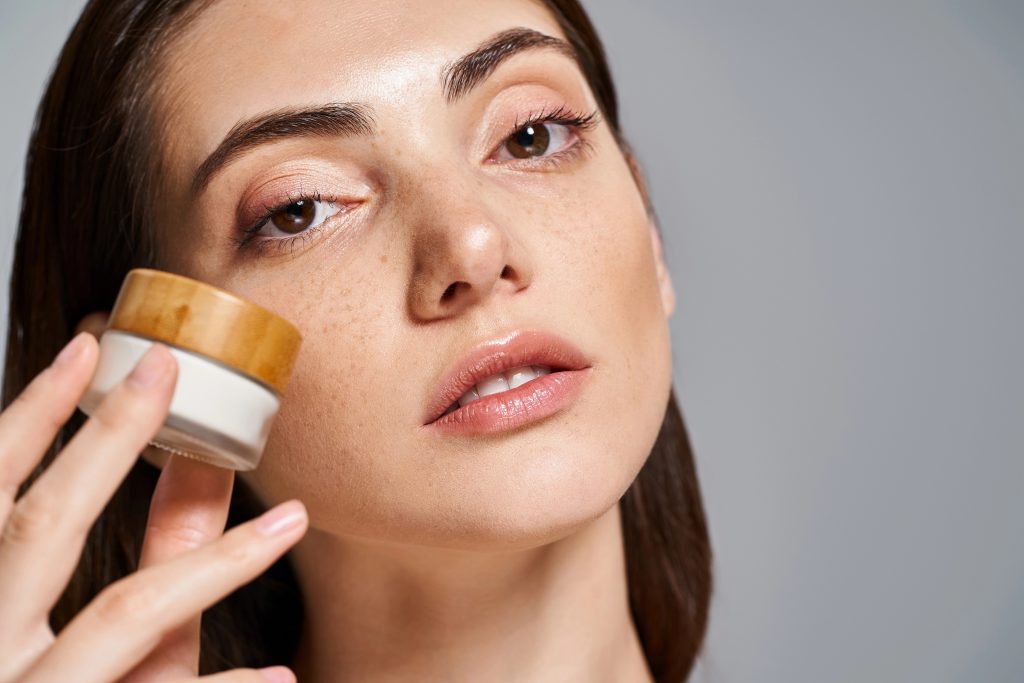
7. Trend Alert: The Ascendancy of Microbiome-Friendly Products
The beauty world is jumping on the microbiome bandwagon, with a recent influx of “prebiotic” and “probiotic” cleansers that claim to feed your skin’s beneficial bacteria. Yes, this all sounds tantalizing, Dr. Hamblin warns through NPR, “If a product does significantly alter your biome, then it has the potential to cause effects that you didn’t want.” In other words: try these products with interest, but don’t anticipate miracles immediately. Often, the greatest thing you can do for your skin is keep it simple—soft cleansing, intelligent moisturizing, and a bit less fixation on being über-clean.
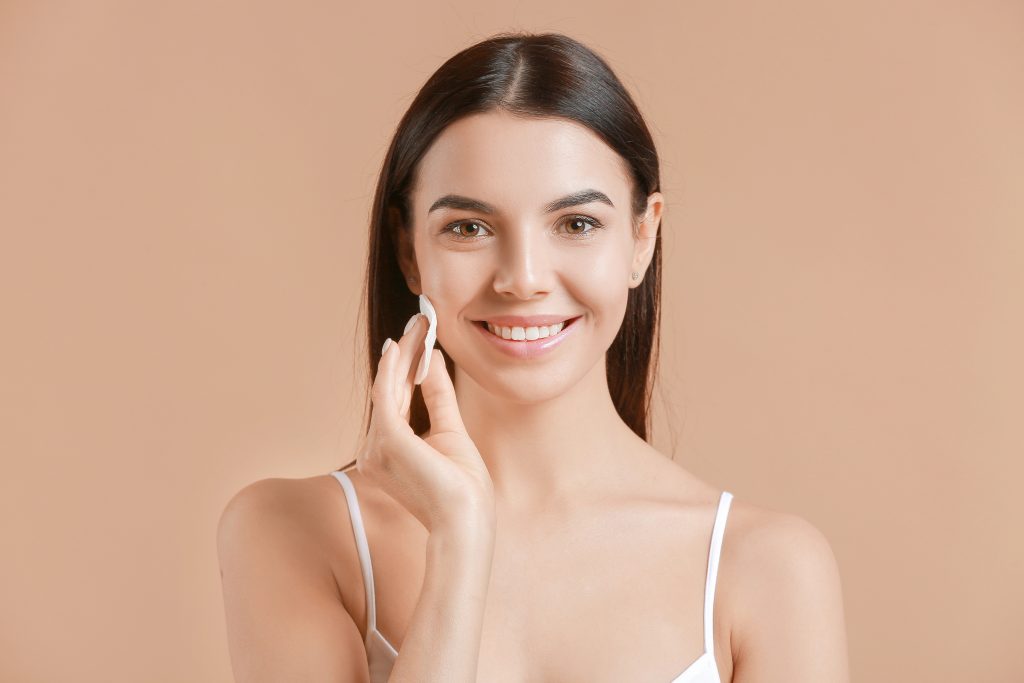
Ultimately, the ideal shower routine is one that best suits your individual skin, lifestyle, and style. What recent science reveals is that adopting a less-is-more mindset—fewer, shorter, cooler showers, focused cleansing, and moisture after the shower—can lead your skin to remain healthy, balanced, and radiant. So the next time you get into the shower, take note: your skin’s microbiome, your water bill, and even your self-esteem may all stand to gain from a new, science-grounded take on what it really means to be clean.


